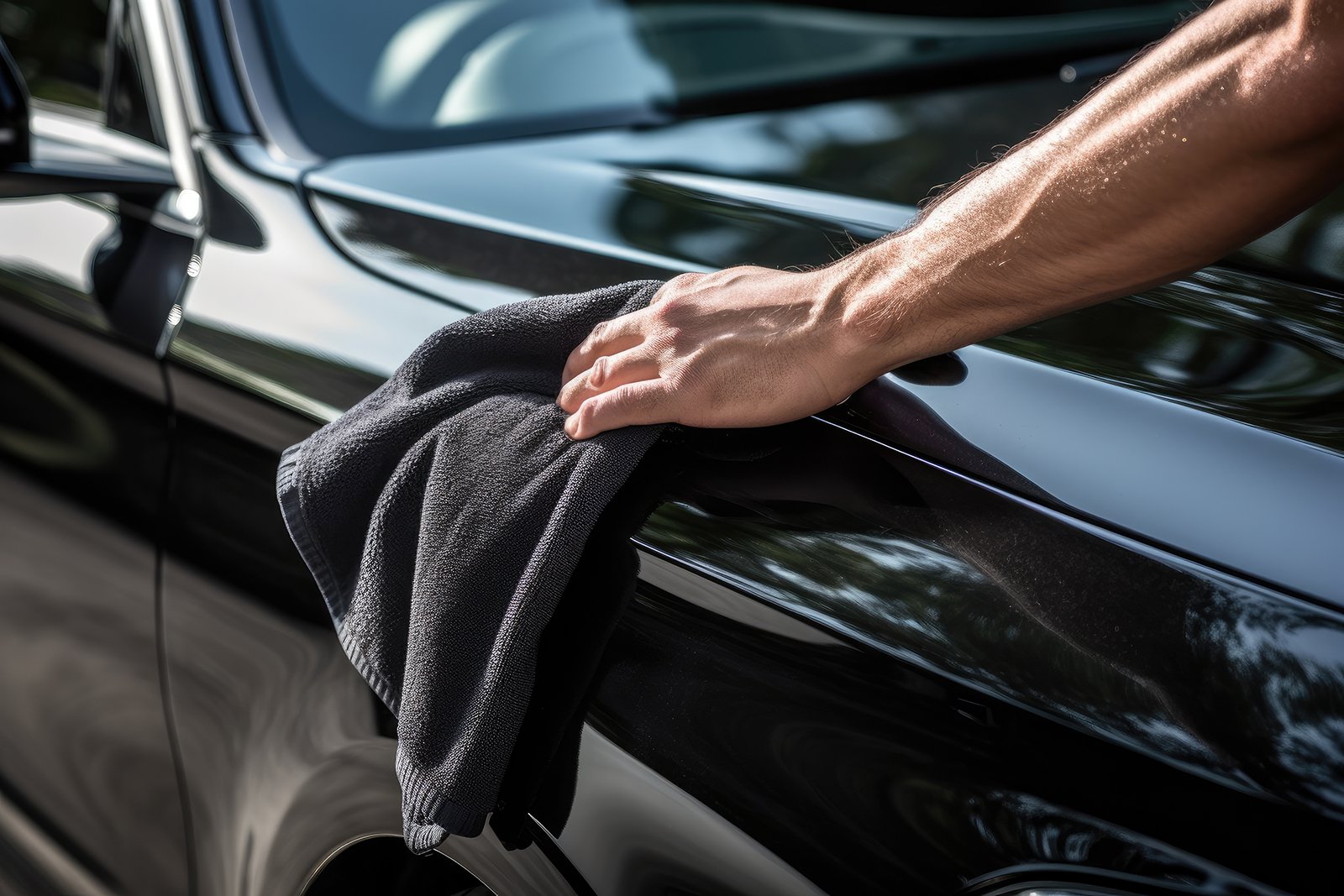Showroom Shine: A Comprehensive Guide to Caring for Your Freshly Painted Car
Taking care of a freshly painted car is important to maintain its appearance and protect the paint job. Here are some tips to help you care for your newly painted car:
Follow the curing time:
Be patient and allow the paint to fully cure before exposing the car to harsh conditions. This typically takes a few weeks, but it's essential to follow the recommendations provided by the body shop or paint manufacturer.
Hand washing:
Wash the car by hand using a mild automotive detergent and a soft sponge or microfiber cloth. Avoid using household cleaners, as they may be too harsh on the paint.
Avoid automatic car washes:
Automatic car washes can have brushes and harsh chemicals that may damage the paint or scratch the surface. Hand washing is the preferred method for caring for a newly painted car.
Use a grit guard:
When hand washing, use a grit guard in the bucket to trap dirt and prevent it from being transferred back to the car's surface.
Dry the car properly:
After washing, use a soft, clean microfiber towel to dry the car. Avoid air-drying, as this can lead to water spots.
Waxing and polishing:
Apply a high-quality automotive wax to protect the paint and enhance its shine. Choose a non-abrasive wax to avoid damaging the fresh paint. Polishing can also help remove minor imperfections and improve the overall appearance.
Avoid parking in direct sunlight:
Prolonged exposure to sunlight can cause the paint to fade over time. Whenever possible, park your car in a shaded area or use a car cover.
Protect against bird droppings and tree sap:
Bird droppings and tree sap can be corrosive to paint. Remove them as soon as possible using a soft cloth and a mild cleaning solution.
Drive cautiously:
Avoid gravel roads and be mindful of road debris to prevent chips and scratches. Maintain a safe distance from other vehicles to minimize the risk of paint damage from kicked-up rocks.
Regular inspections:
Periodically inspect your car for any signs of damage, such as chips, scratches, or dings. Address any issues promptly to prevent further damage.
Avoid harsh chemicals:
Avoid using harsh chemicals or abrasive materials on the paint. Stick to products specifically designed for automotive use.
Remember that proper care and maintenance will not only keep your car looking great but also help preserve its resale value over time. If you have specific care instructions from the body shop or paint manufacturer, be sure to follow them for the best results.

